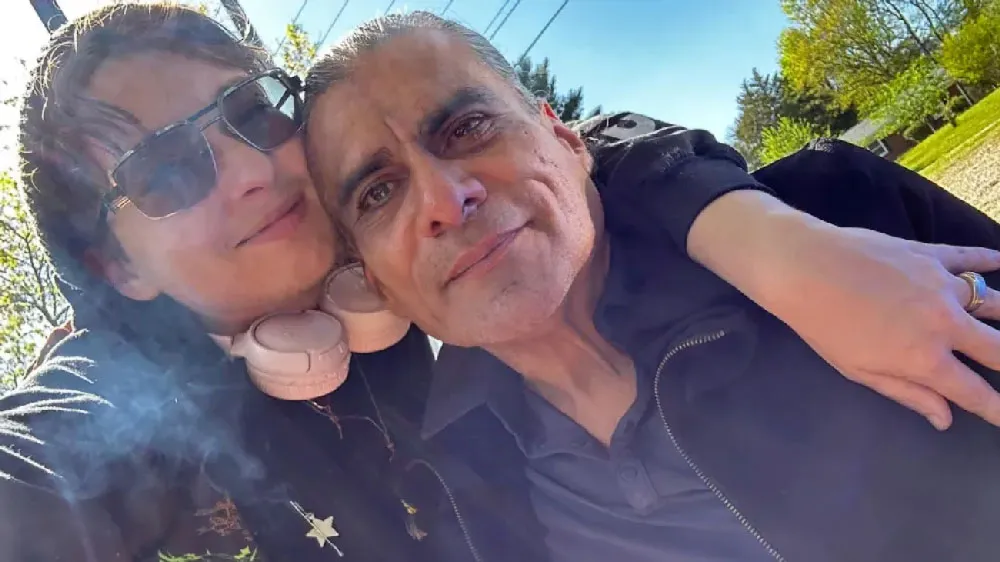October 14, 2020
SCOTUS Declines to Review Court Ruling Ordering Medically Necessary Care for Transgender Prisoner
READ TIME: 2 MIN.
The U.S. Supreme Court has declined to review a federal court decision ordering the Idaho Department of Corrections (IDOC) to provide medically necessary gender confirmation surgery to Adree Edmo, a transgender woman.
As a result, the judgment that the United States Constitution requires the State to provide that care – issued by the U.S. District Court for the District of Idaho and affirmed by the Ninth Circuit Court of Appeals – is final.
Ms. Edmo filed suit in 2017 after IDOC and its for-profit medical provider, Corizon Health, denied Ms. Edmo surgery despite their diagnosis of her gender dysphoria and her clear and urgent need for surgery. Ms. Edmo's gender dysphoria was so severe that she attempted to self-castrate twice while incarcerated.
"In refusing to provide surgery, IDOC and Corizon have ignored generally accepted medical standards for the treatment of gender dysphoria," the District Court ruled in December 2018. "This constitutes deliberate indifference to Ms. Edmo's serious medical needs and violates her rights under the Eighth Amendment to the United States Constitution."
A panel of the Ninth Circuit unanimously upheld that decision in an 85-page opinion, ruling that Ms. Edmo "has a serious medical need, that the appropriate medical treatment is GCS [gender confirmation surgery], and that prison authorities have not provided that treatment despite full knowledge of Edmo's ongoing and extreme suffering and medical needs." The Court held that "the responsible prison authorities have been deliberately indifferent" to Ms. Edmo's gender dysphoria in violation of the Eighth Amendment of the United States Constitution, which prohibits "cruel and unusual punishment."
Ms. Edmo received surgery in July of this year and is now housed at a women's prison for the remainder of her sentence.
"So much pressure and inner turmoil is gone," said plaintiff Adree Edmo. "I feel whole and connected in myself. The surgery itself was literally life-changing. I'm extremely grateful that I finally received the treatment."
"The Supreme Court's decision reinforces that state officials cannot pick and choose which serious medical conditions they will treat. Intentionally depriving someone of medically necessary care amounts to cruel and unusual punishment, regardless of gender identity," said Lori Rifkin, lead attorney for Ms. Edmo.
"A state cannot subject people in its custody to cruel and unusual punishment, including by failing to treat serious medical conditions," said National Center for Lesbian Rights (NCLR) Senior Staff Attorney Amy Whelan. "This ruling is in line with longstanding medical evidence and with legal rulings across the country that it is dangerous and unconstitutional to deny transgender people access to medically necessary care in prison."
"Because the vast majority of people in prison will eventually return to their communities, everyone should care about this issue," said Deborah Ferguson of Ferguson Durham, PLLC. "When prisons and jails ignore the medical consensus about care, they put patients' lives at risk and waste taxpayer funds defending those unlawful actions."
The National Center for Lesbian Rights (NCLR) represents plaintiff Adree Edmo together with Rifkin Law Office, Hadsell Stormer Renick & Dai LLP, and Ferguson Durham, PLLC. Appellate lawyers from Cooley LLP, Jenner & Block LLP, and the MacArthur Justice Center also represented Ms. Edmo before the U.S. Supreme Court.


